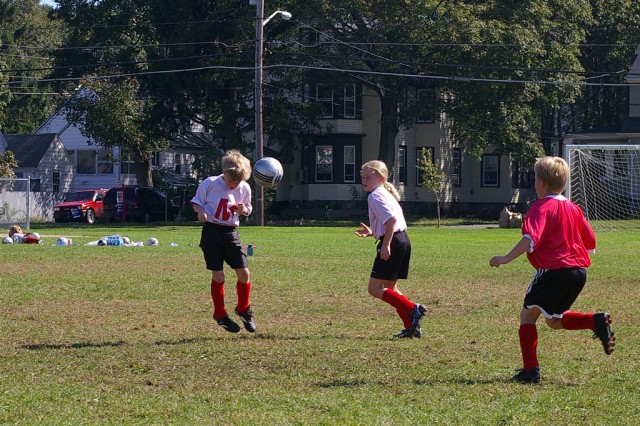“For individuals who have a prolonged recovery [greater than 14 days], emotional or behavioral symptoms tend to occur later and may reflect different pathophysiology,” said Dr. Christopher Giza in an email. He's a pediatric neurologist at UCLA's David Geffen School of Medicine.
Dr. Michael Collins, a neuropsychologist and executive director of the University of Pittsburgh Sports Medicine Concussion Program, also believes that concussions with emotional symptoms may represent a unique subset of patients who have concussion. In particular, he believes that this kind of concussion is the result of injury to the nervous system that assists in balance and coordination. the vestibular system.
Dr. Collins says that some of the research suggests that there are unusual processes in the system the helps with balance and coordination -- what doctors call the vestibular system -- "that may provoke emotional changes following concussions." He said that preliminary research suggests that rehabilitation for the vestibular system may help people recover from these unusual symptoms.
This "vestibular rehabilitation" involves graduated exercises focused on coordination and balance. Although vestibular rehabilitation is promising, more research must be done. Today, the mainstay treatment for concussions remains a short period -- days to weeks -- of "cognitive rest," in effect resting the brain.
This kind of rest involves often involves time away from school or work, and other social activities. Although shown to be beneficial, kids must be closely monitored as the components of cognitive rest may also contribute to the development of emotional symptoms later on in recovery.
“Cognitive rest is an important component of recovery," said Dr. Matthew Eisenberg lead researcher in the study. He's an emergency medicine physician at Boston Children’s Hospital. "Much like an athlete would avoid jumping on a sprained ankle, there does seem to be a period after which the cost-benefit ratio changes. It is difficult to say when this switch occurs.”
The difficulty that many patients with concussions suffer is that unlike ankle injuries there is no cast or crutches to remind others of the injury, which can provoke pressure to return to “normal” in the classroom and athletic field. This social pressure may also contribute to emotional symptoms that develop during recovery.
Parents, coaches, and others taking care of patients should have patience during their child’s recovery and keep in mind that all concussions are different and requires close monitoring immediately after the injury, as well as later during recovery.
“The biggest takeaway is that while your child may be showing some signs of improvement from the physical symptoms of concussion, it is important to watch out for the late-arriving emotional symptoms,” said Dr. Eisenberg, “The child who is isolating him/herself, exhibiting personality changes, altered sleep behavior, or depressed mood may be experiencing very severe post-concussive symptoms even as his or her headache have resolved.”
Brian Lau is a freelance writer and an orthopedic surgery resident at UCSF medical center. Follow him on Twitter.
[contextly_auto_sidebar id="98QLXKoIsFuO0vSQit7GAMy5ZUuvSEsM"]
